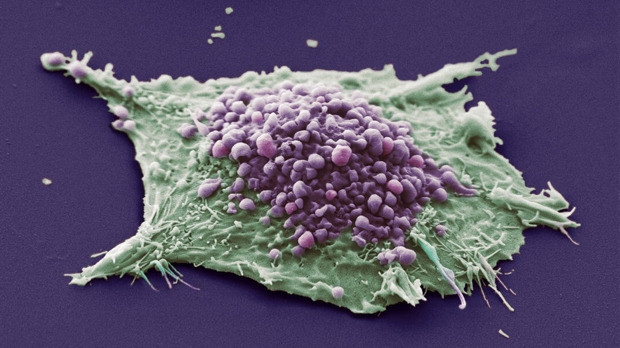Cancer: New Drug Shrinks Tumours And Works Better With Radiotherapy

A new drug has been shown to inhibit growth of tumours and to be even more effective when used along with radiotherapy.
Manchester scientists were able to show reduction in lung tumours by blocking a vital transport channel and turning them toxic.
Tumours have regions of hypoxia where there is a shortage of oxygen. As a result, they switch to glycolisis to produce energy.
However, lactate is a by-product of this process and unless transported out of the cell can turn toxic.
Molecules known as monocarboxylate transporters facilitate this carrying of lactate.
The AstraZeneca drug, AZD3965, inhibits one of these molecules, MCT1, in lung cancer cells and demonstrated reduced tumour growth in mice, says a university press release.
Researchers from Manchester Pharmacy School at The University of Manchester found the method even more effective when used in combination with radiotherapy.
Funded by Cancer Research UK, they are now looking at studying the effect in small cell lung cancer, oesophageal cancer and prostate cancer. If positive, clinical evaluation will follow.
© Copyright IBTimes 2025. All rights reserved.





















